Artificial Intelligence
All posts related to this category.

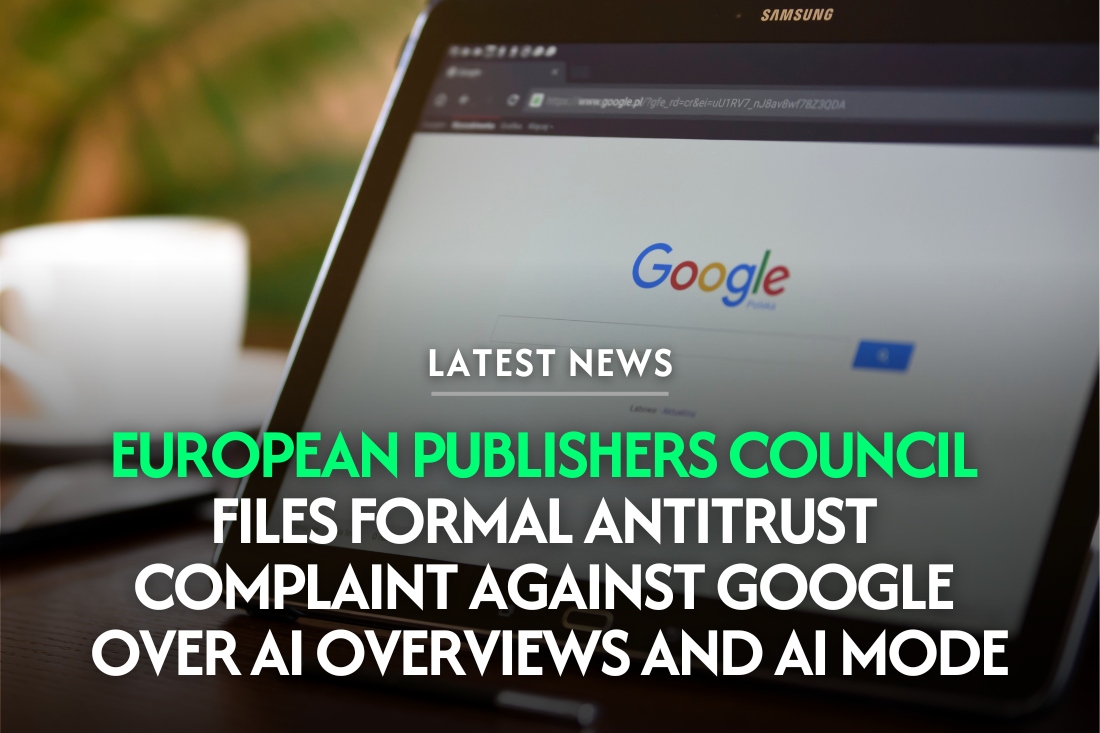
European Publishers Council files formal antitrust complaint against Google over AI Overviews and AI Mode
The European Publishers Council has filed a formal antitrust complaint with the European Commission, alleging that Google is abusing its dominant position in search by using publishers’ content for AI features without authorisation, fair remuneration, or meaningful opt-out options. The EPC argues that Google’s AI Overviews and AI Mode undermine publisher revenues, distort competition, and threaten the sustainability of professional journalism, calling for decisive enforcement and a fair licensing framework.
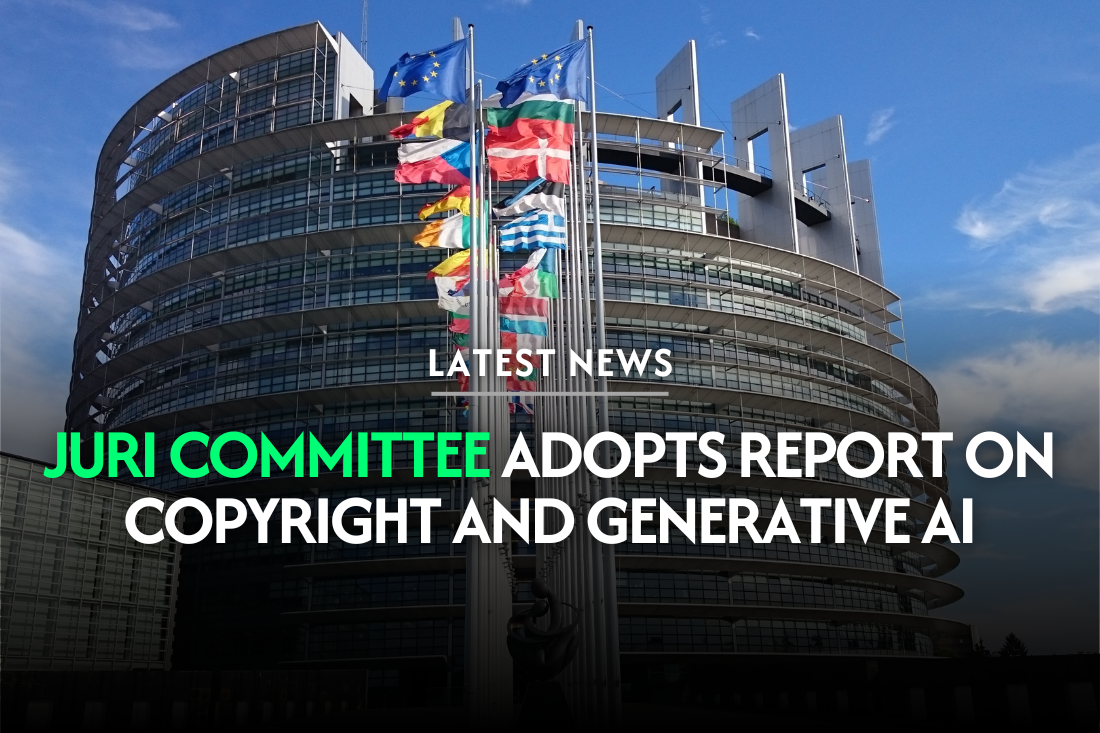
JURI Committee Adopts Report on Copyright and Generative AI
The European Parliament’s JURI Committee has adopted an own-initiative report on copyright and generative AI, reaffirming that AI development must respect the rule of law and creators’ rights. The report calls for transparency, legal certainty, and fair compensation where copyrighted works are used, urging the European Commission to take the next steps.
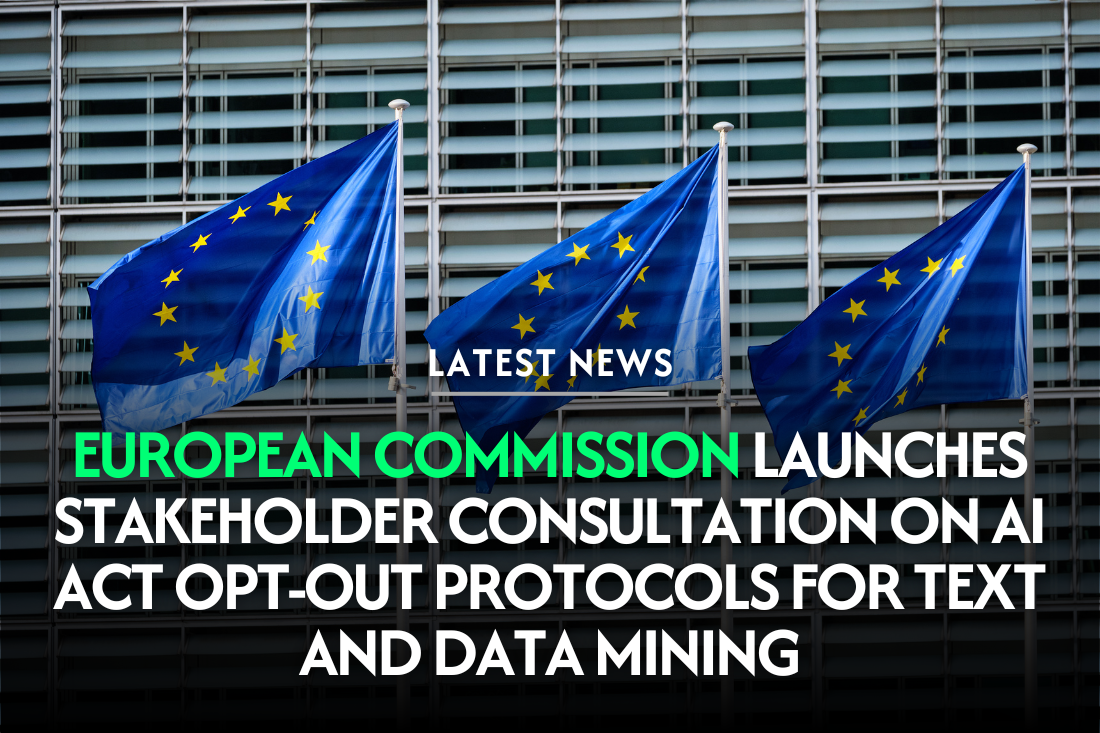
European Commission launches stakeholder consultation on AI Act opt-out protocols for text and data mining
The European Commission has launched a stakeholder consultation and call for expression of interest to support the implementation of Measure 1.3 of the General-Purpose AI (GPAI) Code of Practice, focusing on how providers of general-purpose AI models must identify and comply with copyright opt-outs for text and data mining (TDM).

EU invests over €307 million into artificial intelligence and related technologies
The European Commission has launched two new Horizon Europe calls worth €307.3 million to strengthen Europe’s digital innovation, with major investment in trustworthy AI, data services, robotics, quantum technologies, and strategic digital autonomy. Open until 15 April 2026, the calls support businesses, public bodies, and research organisations working to advance sustainable, human-centric digital technologies across the EU.

Copyright & AI: what does the economics actually say?
A new European Parliament study explores how copyright policy should adapt to AI training, highlighting the economic importance of protecting incentives for future creative work. The research argues that sustainable AI development depends on fair compensation models that support creators, consumers, and long-term innovation.
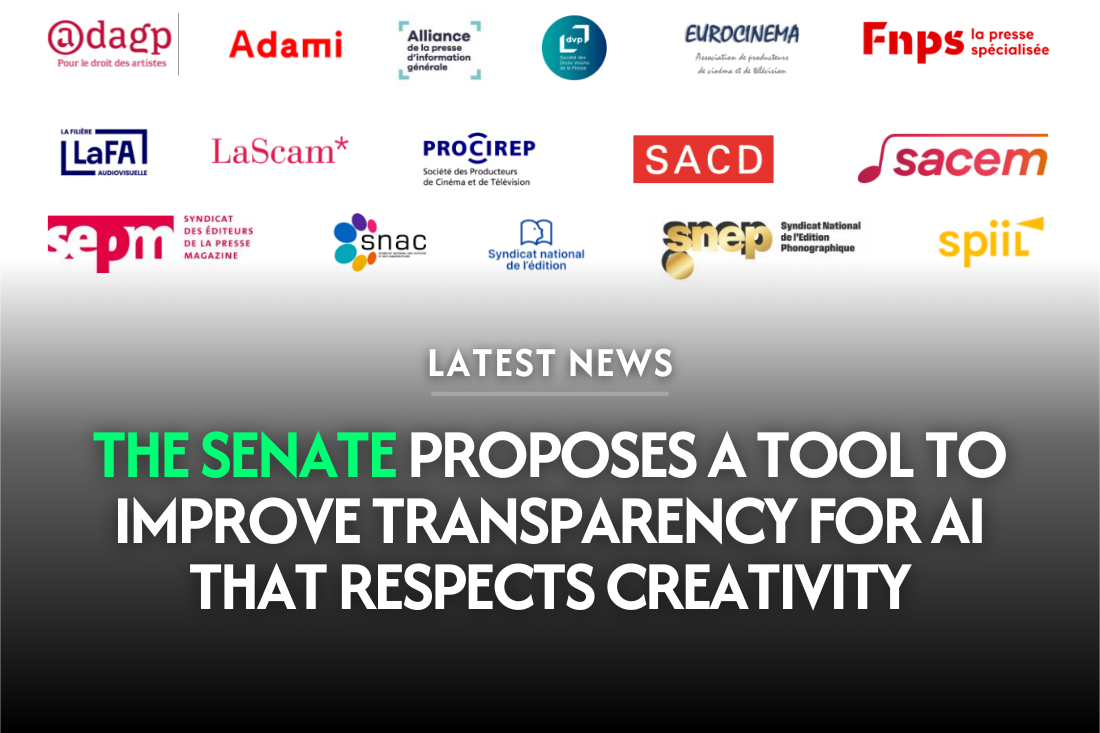
Inspired by the work of the Ministry of Culture, the Senate proposes a tool to improve transparency for AI that respects creativity
A coalition of copyright and related-rights organisations has welcomed a new French legislative initiative proposing a legal presumption that AI providers exploit protected cultural content. The measure aims to rebalance power between creative sectors and AI companies by strengthening enforcement, transparency, and the development of licensing markets.

European Commission launches consultation on AI Act opt-out protocols for text and data mining
The European Commission has launched a public consultation on opt-out protocols for text and data mining under the AI Act, aiming to establish widely adopted, technically viable standards for rights reservations. CEPIC will take part in the process and encourages members with technical expertise to contribute before the deadline of 23 January.
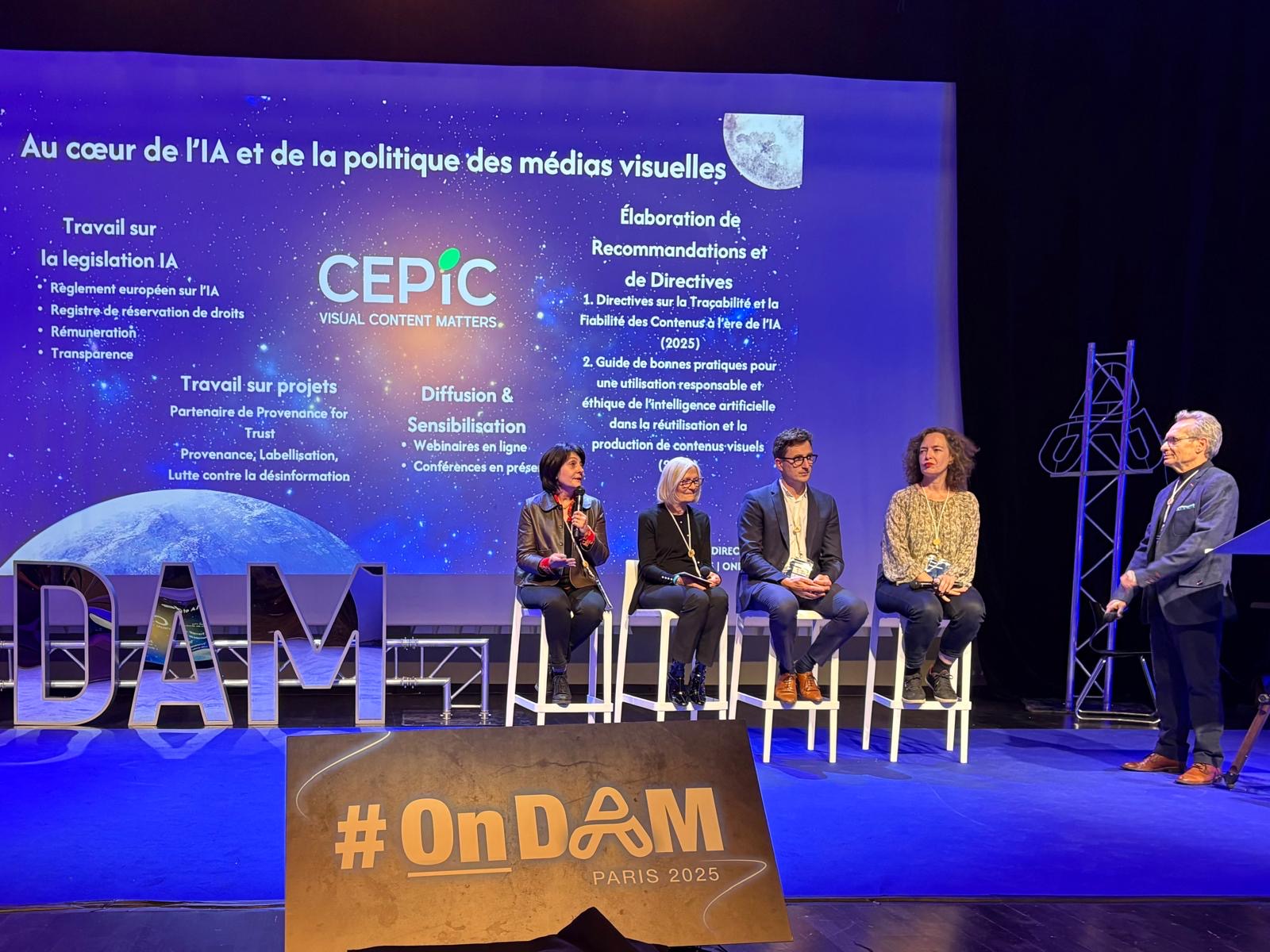
DAMs are the backbone of picture agencies
DAMs are the backbone of picture agencies and this is why CEPIC is a Silver sponsor of OnDAM Paris every year.

CEPIC 2026
Building on the success of previous years, CEPIC 2026 promises to be our most exciting event yet. Three days of business, connection, and inspiration in the vibrant city of Valencia, Spain. This unmissable gathering brings together visual media professionals to explore new opportunities, share ideas, and shape the future of the image licensing industry.
